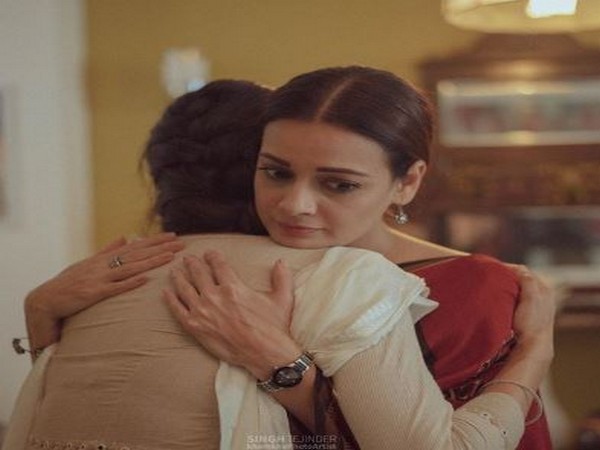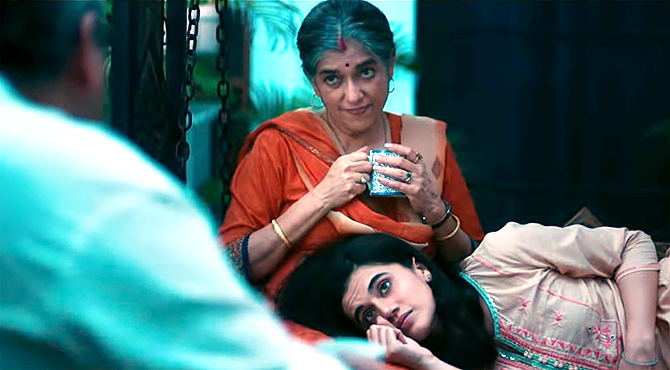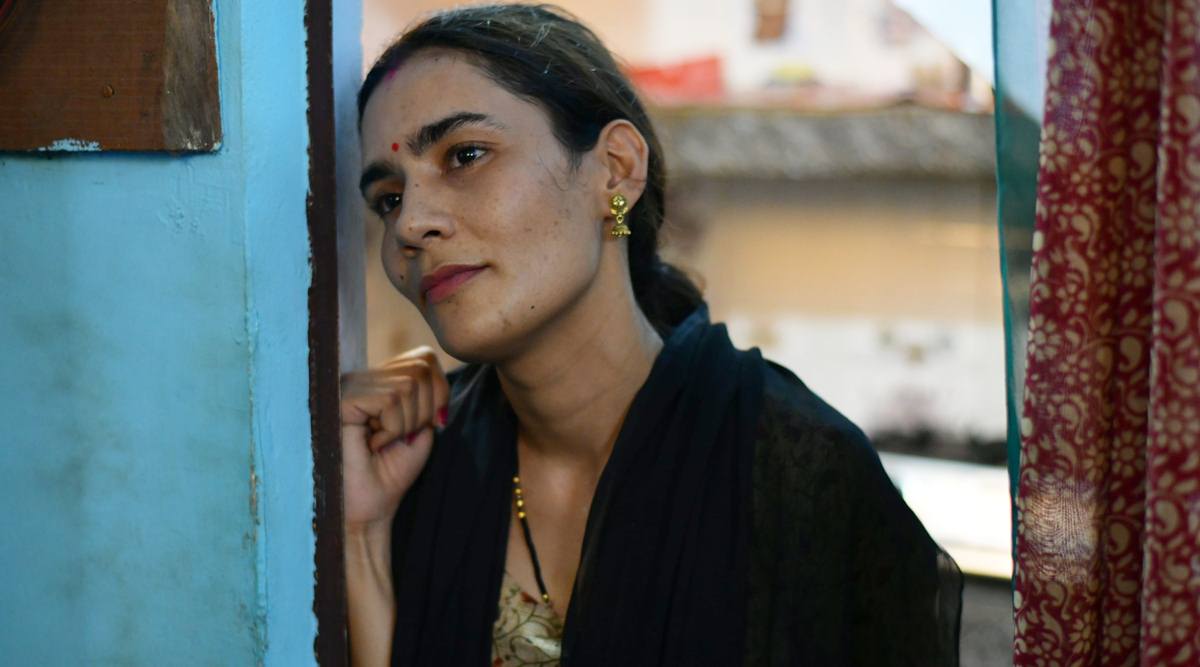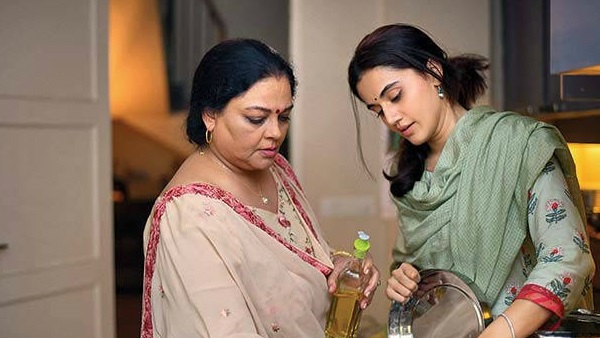Thappad is the story of Amrita (Taapsee Pannu) and Vikram (Pavail Gulati), a presumably happy couple. This was until one night, when an enraged Vikram slaps Amrita when she stops him from indulging in a spat with his colleague. After this scene, we see an indifferent, unapologetic, and entitled Vikram persuading Amrita to let go of making such a big deal of the slap and to come back to him until the very end of the movie.
In one of the more poignant scenes, Amrita’s father (Kumud Mishra) casually reads out a poem by Ramdhari Singh ‘Dinkar’, ‘Jo tatasth hai, samay likhega unke bhi apradh’ which roughly translates into “time will count the sins of the neutrals, those who stood by and watched.”
Just like that, Anubhav Sinha’s latest release takes you through a roller-coaster ride of various elements of gender microaggressions and deep-rooted patriarchy that breaks the barriers of societal divide, entitled men, undisputed power structures, degraded relationships, loneliness of ageing parents, unapologetic man-child, marital rape – all of them, almost effortlessly.
The film begins with painting a sense of false comfort as they introduce the central characters of the movie, all women, one after the other. The element that holds them together is an orange candy – that brings in a sense of warmth and joy, almost by default.
The main women in the movie are Amrita, her mother (Ratna Pathak Shah), her mother-in-law (Tanvi Azmi), her neighbour (Dia Mirza), her brother’s girlfriend (Naila Grewal), her lawyer (Maya Sarao), and her house help (Geetika Vidya Ohlyan).
The women in this movie are constantly reaching out and supporting each other in whatever capacity they can, however restricted they are, by their conditioning and understanding of the norms. Even though the movie portrays different shades of domestic violence that cuts through class divides, what brings these women together is also the unfortunate common ground of an oppressive household and deeply ingrained patriarchy. It’s less about unity, and more about the genuine empathy you can feel as each woman mirrors the narrative of another woman.
Bechdel test
In an age where equal representation is increasingly becoming a topic of concern (fortunately), analysing the Bechdel test on this film is almost debatable. Since the conversation between female characters in this movie involves looking out for each other, it requires talking about the men in their lives – as that is the crux of the story.
The Bechdel test typically asks whether a work features at least two women who talk to each other about something other than men. This further reinstates that Bechdel test is not entirely capable of defining a movie as feminist in 2020. Firstly, because it leaves behind everyone except cis female, and secondly, a movie is feminist as long as it doesn’t invalidate a certain community in any manner, while of course, aiding better representation in the best capacity possible.
Sheryl Sandberg’s quote in her infamous book Lean In is a gentle reminder that the movie reinstates, “There’s a special place in hell for women who don’t help other women.”
In one of the scenes, Amrita’s husband stares at his neighbour Dia Mirza (a single mother) as she drives past them in a swanky car. He comments, “What does she even do for a living?” in an almost condescending manner as if in sheer disbelief to see a single mother live a luxurious lifestyle.
To this, a very calm Amrita says, “She works hard.”

A still from the film. Photo: Instagram.
This is one of the many scenes that reinstates my faith in sisterhood, in the power of looking out for fellow women in whatever capacity we can. While Anubhav Sinha manages to zoom out and show instances of male entitlement in a manner that can make men uncomfortable but also vigilant of their actions, it is also a great lesson in learning and unlearning our ideas and norms, in our own flawed, human-like pace.
‘Looking out for each other’
In another scene, where a mocking Ram Kapoor (the opposing lawyer), taunts Amrita’s lawyer saying, “Since when did you become an activist instead of a lawyer”, Amrita states, “She is not an activist, she is a woman.”
Both the elderly women in the movie, be it Ratna Pathak Shah or Tanvi Azmi, try to explain in the most maternal manner possible as to how Amrita should let go and compromise, as unfortunately, they just didn’t know better. On the contrary, we see Amrita’s father take a stand – thus shattering the myth of patriarchy being a war of women against men.

A still from the film.
Amrita’s well-intentioned brother tries to justify her husband’s action just like many men in our daily lives do when blinded by privilege and the male gaze of entitlement. On the other hand, we have her brother’s girlfriend take a stand for her by validating her abuse and helping her in whatever way possible – despite her boyfriend suggesting otherwise.
Also read: Thappad Review: When the Lights Come Back on
Amrita’s house help, a victim of in-your-face violence, gathers her courage slowly and steadily. In one of the final scenes, we witness her slapping her husband back while most of the audience cheered. Now in all honesty, while this is an easy solution, answering abuse with abuse is not the answer. What was needed is a deeper interrogation of this sense of superiority that men assume to have over their wives.

Geetika Vidya Ohlyan as a house-help in the film.
In another scene, we witness one of the colleagues that Vikram had a spat with in the first half of the movie tell him, “You were angry at me too the other night, but we both know you would never slap me. Then how is it okay to slap her?” This shows that the slap wasn’t just about violence but also about the sense of male entitlement and disrespect that most of us witness in our daily lives.
Scene after another, the movie offers a wide variety of uncomfortable conversations that will make us question our very own societal norms, but it also welcomes you into a world where women no longer tolerate disrespect and abuse. A world where women and men, are imperfect feminists helping each other to learn and unlearn, together. A world where equality and the right to choose are the basic foundation of the society. A world where women reach out to each other and choose to be living examples of their beliefs.
I don’t know about you, but count me in for this world.
B.S. Bhuveneswari is a marketer, feminist writer, and a mental health advocate in progress based out of Mumbai. She is looking to build a world sans hatred and violence, tell stories, and hopefully someday, put a ding in the universe.

